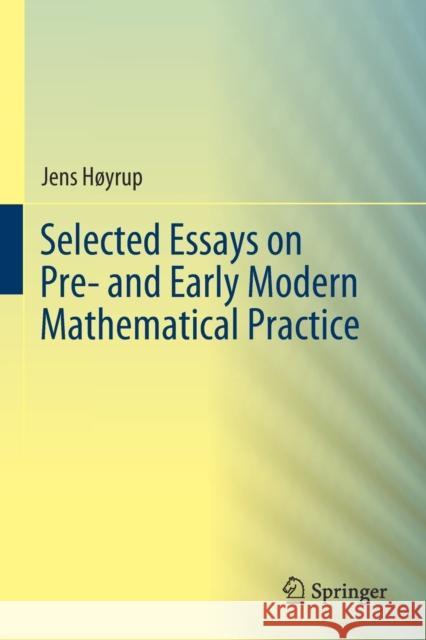Selected Essays on Pre- And Early Modern Mathematical Practice » książka
topmenu
Selected Essays on Pre- And Early Modern Mathematical Practice
ISBN-13: 9783030192600 / Angielski / Miękka / 2020 / 969 str.
Selected Essays on Pre- And Early Modern Mathematical Practice
ISBN-13: 9783030192600 / Angielski / Miękka / 2020 / 969 str.
cena 241,50
(netto: 230,00 VAT: 5%)
Najniższa cena z 30 dni: 231,29
(netto: 230,00 VAT: 5%)
Najniższa cena z 30 dni: 231,29
Termin realizacji zamówienia:
ok. 16-18 dni roboczych.
ok. 16-18 dni roboczych.
Darmowa dostawa!
Kategorie:
Kategorie BISAC:
Wydawca:
Springer
Język:
Angielski
ISBN-13:
9783030192600
Rok wydania:
2020
Wydanie:
2019
Ilość stron:
969
Waga:
1.34 kg
Wymiary:
23.39 x 15.6 x 4.93
Oprawa:
Miękka
Wolumenów:
01
Dodatkowe informacje:
Wydanie ilustrowane











